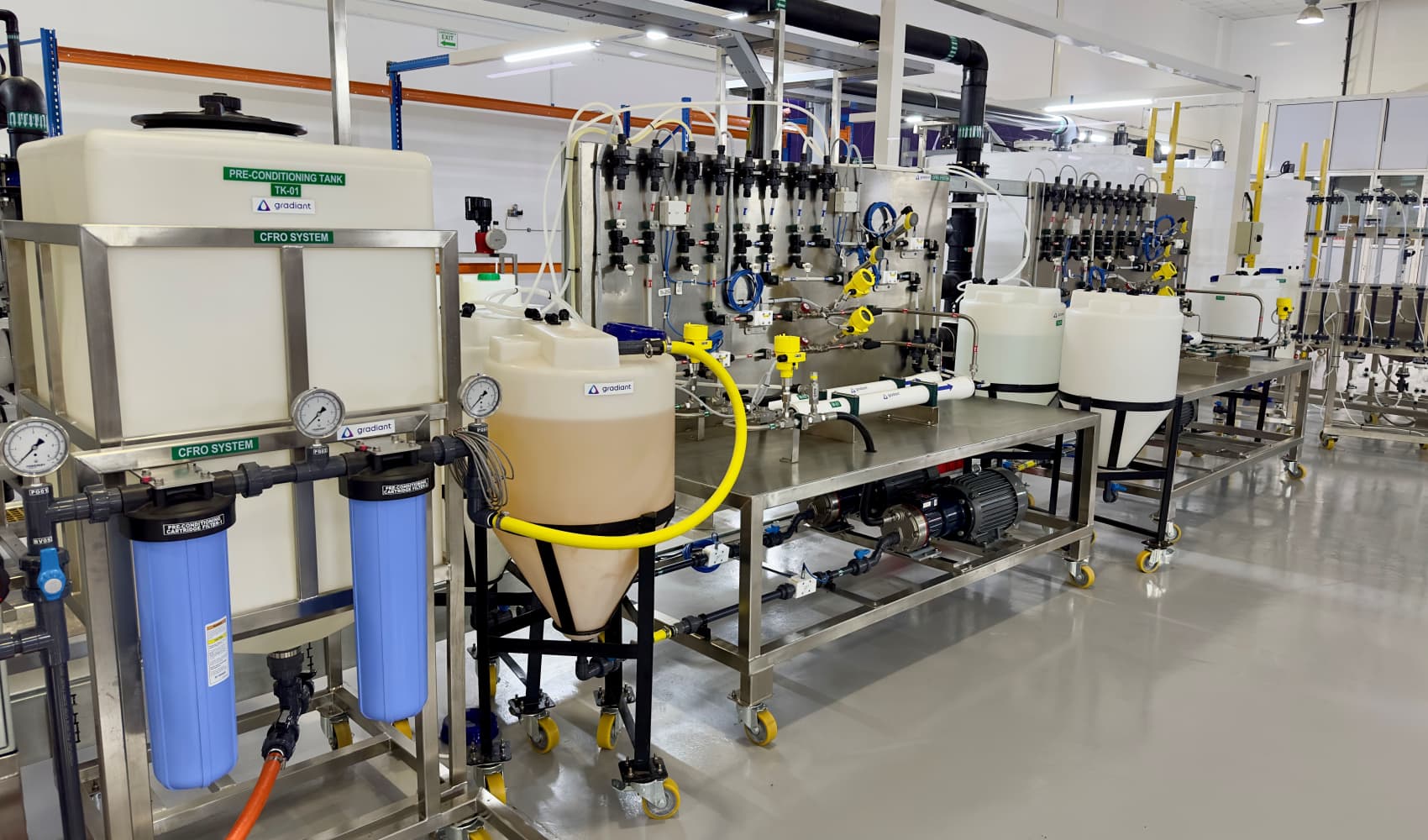
This report is from today's CNBC Daily Open, our international markets newsletter. CNBC Daily Open brings investors up to speed on everything they need to know, no matter where they are. Like what you see? You can subscribe here.
What you need to know today
Dow scores another record
The Dow Jones Industrial Average rose more than 700 points to close at another record high as the bull run appeared to broaden. The small cap-focused Russell 2000 rose for the fifth straight day, rising 3.5%. The S&P 500 gained 0.64%, while the Nasdaq inched up 0.2% as tech was left out of the rally. The yield on the 10-year Treasury slipped and U.S. oil prices also declined.
100% certainty
Traders are now certain that the Federal Reserve will cut interest rates by September, with a 93.3% probability of a quarter percentage point cut and a 6.7% probability of a half percentage point cut. This certainty stems from the recent consumer price index update, which showed annual inflation slowing to 3%, the lowest in three years. A month ago, the odds of a September rate cut were only around 70%.
Get top local stories in San Diego delivered to you every morning. Sign up for NBC San Diego's News Headlines newsletter.
Gold hits fresh highs
Gold prices surged to a record Wednesday on rising expectations of an interest rate cut in September. Investors are turning to gold amid softer inflation data and dovish comments from Federal Reserve Chair Jerome Powell, boosting the likelihood of rate cuts this year. Spot gold prices rose 0.5% to $2,482.29 per ounce, hitting an all-time high according to LSEG data. Gold futures climbed to $2,478.4 an ounce. Gold has rallied this year as central banks bought the precious metal as geopolitical risks increased interest in safe-haven assets. You can read more here as Ray Dalio, the founder of the world's largest hedge fund Bridgewater Associates, explains the appeal of gold.
New CEO
Global lender HSBC has named Georges Elhedery as its third CEO in less than eight years. Elhedery, currently the CFO, will replace outgoing head Noel Quinn starting Sept. 2. Quinn unexpectedly resigned in April after more than five years leading the London-based bank through the pandemic and trade tensions between China and the West. Quinn has been with the bank for 37 years and was appointed interim CEO in 2019. Elhedery's appointment as CEO comes less than two years after he was promoted to chief financial officer in January 2023.
Taiwan falls on Trump comments
The Taiwan Weighted Index fell 1% after former President Donald Trump said Taiwan should pay for its own defense. Shares of Taiwan Semiconductor Manufacturing Corp dropped 2.3%. Elsewhere in the Asia-Pacific region, Japan's export-heavy Nikkei 225 declined on reports authorities spent 6 trillion yen ($37.9 billion) propping up the yen. Australia's S&P/ASX 200 rose 0.73% to hit an all-time high, while South Korea's Kospi slipped. Hong Kong's Hang Seng index and mainland China's CSI 300 were little changed.
Money Report
[PRO] Top AI pick
Bank of America reiterated a buy rating on a leading chipmaker, citing the company's strong position in the AI market. Analyst Vivek Arya expects AI to become a $30 billion to $50 billion opportunity for the company over the next three to five years, driven by strong demand from both cloud vendors and consumer-facing AI platforms.
The bottom line
Small-cap stocks are surging, with the Russell 2000 index reaching its highest level since January 2022 and posting a rare five-day streak of gains. The index is up almost 12% this month, while the S&P 500 has advanced 4% and the Nasdaq a similar amount. The rally is fueled by hopes that interest rates may decline as inflation nears the Fed's target, potentially broadening the economic recovery.
That may come as a relief to seasoned investors concerned by the market's reliance on a handful of tech stocks during the 21-month bull market.
David Kostin, chief U.S. equity strategist at Goldman Sachs, told CNBC's "Squawk on the Street" that he expects "some broadening in the next six months" because "the market itself as an index is up 20% year to date; typical stock in the S&P 500 is up 7%. So, that gap has largely been driven by the major five companies."
Kostin also explained why interest rate cuts could benefit small caps: "The expectation is the Fed will be cutting interest rates starting in September and probably in December, as well, and that historically has been a benefit for small-cap companies where, basically, 30% of their borrowings are in the floating rate form. And, therefore lower interest rates, lower interest expenses, higher earning estimates would be a consequence of that. That's one area in particular you want to be thinking about from the Russell 2000 or broadening of the market more generally."
Christopher Harvey, head of equity strategy at Wells Fargo Securities, is more skeptical about the rotation narrative. "We're not against the rotation," Harvey told CNBC on Monday. "We're just waiting for it."
"Until we start to see situations where a Nike, a Delta, a Walgreens doesn't go down on bad news — we're not convinced of the rotation. We want people to believe that numbers are going to be higher, that things are going to get better. But bad news right now is bad news. And that for us, tells us that the rotation is probably not sustainable."
We may be at that inflection point. The big six banks — Bank of America, JPMorgan Chase, Wells Fargo, Citigroup, Goldman Sachs and Morgan Stanley — have delivered revenue and earnings that exceeded expectations, boosting their stock prices after being overlooked during the bull run. While the unloved regional banks have struggled in the post-pandemic rate-hike cycle, CNBC's Jesse Pound writes that their stocks may rise further even if second-quarter earnings are modest.
— CNBC's Brian Evans, Alex Harring, Lisa Kailai Han, Yun Li, Jesse Pound, Sarah Min, Karen Gilchrist, John Melloy, Hugh Son, Charmaine Jacob, Lee Ying Shan and Lim Hui Jie contributed to this report.






